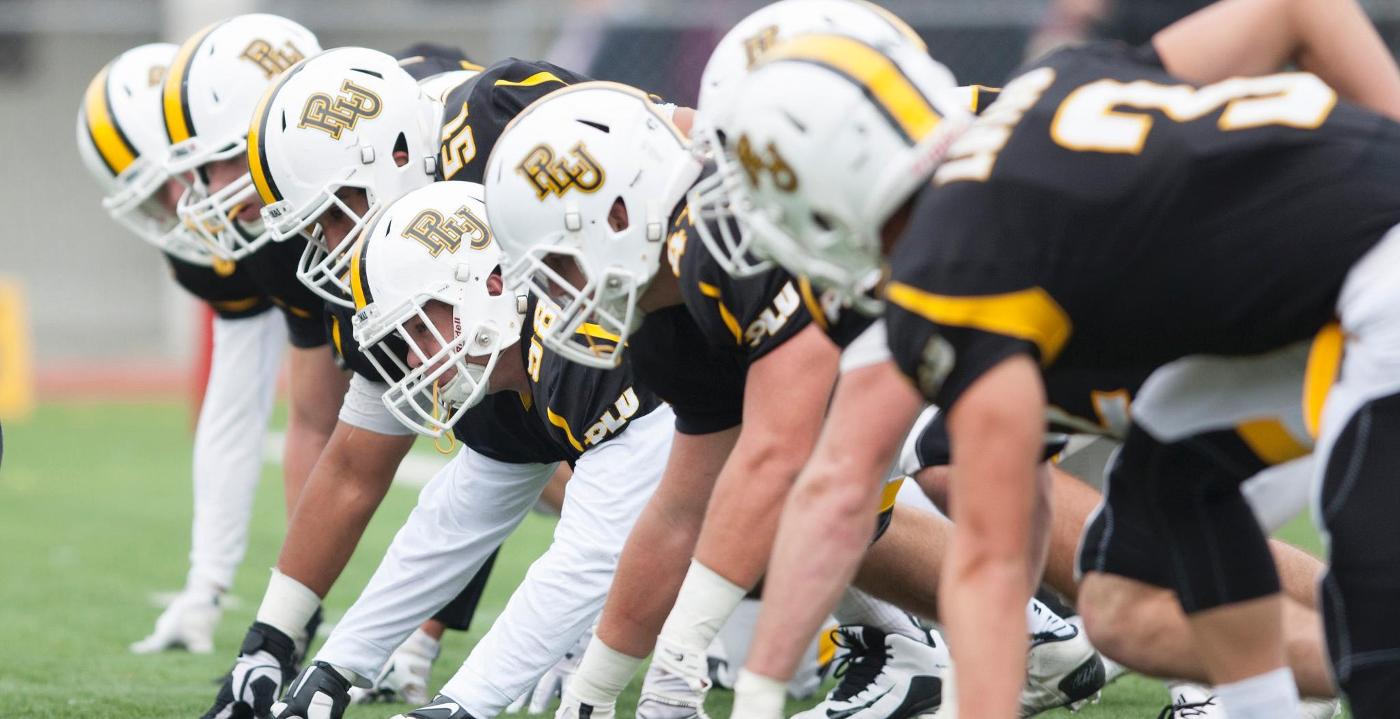By Giancarlo Santoro, Sports Writer
Athletes Jason Collins and Michael Sam have something in common. Unfortunately, the similarity they share is something that has not been universally accepted. It is one that millions are fighting for on a daily basis.
Despite both men being on opposite ends of their professional careers and from different generations, they share the common desire to make something out of their lives. Like the rest of us, they want to make a name for themselves.
But in the past year, these individuals chose to risk it all by making arguably one of the biggest decisions of their lives. They both announced they were gay.
Considering Sam has yet to be drafted into the NFL and the 35-year-old Collins is nearing the end of his career after signing a 10-day contract with the Brooklyn Nets, these men have already done what millions have only dreamed.
Unfortunately for many who have come out, their dreams can, and have, turned into nightmares.
Pacific Lutheran University senior Lucas Kulhanek, a former Pierce County representative of The Gay, Lesbian & Straight Education Network (GLSEN), noted the difficulty that gay athletes face when deciding whether or not to “come out of the closet.”
“If I was a gay athlete, I would have to think about the consequences that would occur and also the benefits,” Kulhanek said. “Ultimately, they are paving a path for future gay athletes, which is a difficult and brave thing to do.”
Both Collins and Sam’s statements have rightly been met with a wave of support. But on the other side, many have asked, what is the world coming to? In short, it is becoming more tolerant.
Senior Amy Wooten, president of PLU’s Student-Athlete Advisory Committee (SAAC), has been working hard to spread an attitude of tolerance around PLU.
“This year it has been my goal to make sure SAAC is doing everything they can to show that we are a welcoming and inclusive environment to anyone and everyone in the PLU community,” Wooten said. “We as a committee want to foster the notion that it doesn’t matter what your sexual orientation is. If you’re our teammate, then we will respect you.”
With the recent failure of the anti-gay bill proposed to the Arizona legislature last week, more and more people like Kulhanek and Wooten are actively standing up against sexual discrimination.
“Whether its topics on religious affiliation, ethnicity or even sexual orientation, it really all comes down to respecting your teammates and respecting the game you play,” Wooten said.
Although Collins and Sam are by no means the first professional athletes to open up about their sexuality, they are joining a select list that is growing by the day. In Collins’ case, he has already made history by becoming the first openly gay player to compete in an NBA game.
And in truth, it’s about time.
“I honestly think it was bound to happen at some point, and it is extremely beneficial to society as a whole,” Kulhanek said. “Exposure is what humans need and homophobia gets addressed through exposure and advocacy.”
A common argument some critics make when athletes come out is that media attention actually does more harm than good to the athlete. It has been said that focusing on gay athletes coming out actually brings more negativity than acceptance.
While that may be true in some circumstances, positive media attention can also encourage others to conquer their fears.
“Gay athletes need to come out on their own terms,” Kulhanek said. “They need to decide when the best time is for them because many people struggle with coming out based on the situation they are in.”
Luckily for the millions who live in fear of ridicule and discrimination based on their sexual orientation, organizations are popping up around the country to help gay and lesbian people feel accepted.
“SAAC is the voice of the student athletes, and I believe that the topic of sexual orientation isn’t going to go away if we ignore it,” Wooten said. “That’s why we have found that adopting campaigns like the ‘You Can Play Project’ is important. No one should ever feel excluded or uncomfortable to be themselves in their own environment.”


















